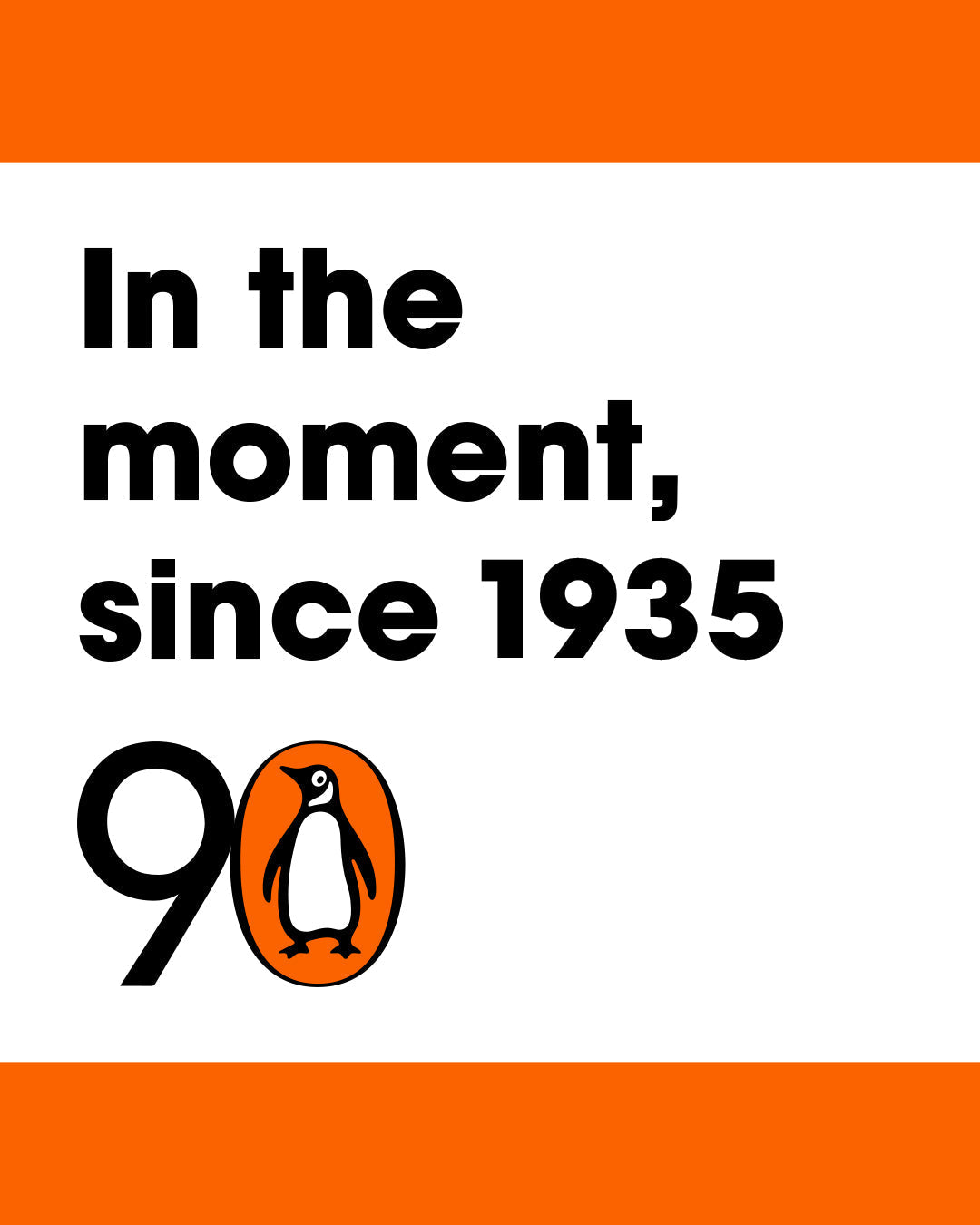
Why collecting vintage Penguin paperbacks is more than a hobby – it’s a lifelong literary love affair, fuelled by the shelves of Chapters Bookstore Dublin.
There’s a certain pleasure in collecting books that goes far beyond the text. Yes, the words matter. Yes, the ideas shape us. But sometimes – don’t tell the critics – it’s the cover that seduces first. The gentle matte texture of an old Penguin, the blocky orange of a 1950s spine, the whiff of musty optimism. These books are more than vessels for words: they are time capsules, design statements, and nostalgic tugs on the sleeve of our literary memories.
I’ve been collecting vintage Penguin paperbacks for years. Not in a ruthless, plastic-gloved, first-edition-hunting kind of way. More in the spirit of gentle rescue: from secondhand shops, church fairs, cardboard boxes outside Oxfam – and more than a few from Chapters Bookstore on Parnell Street, right here in Dublin. (Yes, the same Chapters that’s proudly the largest independent bookstore in Ireland, with a secondhand section to make your heart stop.) I started back in the Middle Abbey Street days. These books find me, mostly. And together they make a kind of shelf parade – not quite colour-coded, not alphabetised, but vibrating gently with mid-century charm.
There’s a particular kind of magic in the spine of a classic Penguin paperback. You know the ones I mean – that bright, cheery orange, the no-frills fonts, the slight lean they develop from being passed from hand to hand, bookshelf to handbag, decade to decade. My shelves are full of them, like a chorus line of stories waiting to burst into song. Not in mint condition (what would be the point?) but loved, lived with, and lived through.
Over the years, people started to catch on that these paperbacks were my weakness. A friend would hand me one like a gift-wrapped memory: "Saw this and thought of you." My little library of orange-spined Penguins started to grow, then sprawl. I have my own personal canon now. My Françoise Sagans are particularly precious – all spare elegance and undercurrent of melancholy. I once found a copy of Bonjour Tristesse with a handwritten dedication dated 1961, and I swear I felt like I was holding hands with a stranger across time.
And then there’s Andrea Newman. Who remembers her now? I do. She’s lodged in my bookshelf like a secret I refuse to give up. Sharp, domestic, unsettling. Before the term domestic noir was even a glint in a marketing meeting, she was already pulling apart marriages, motherhood, and polite dinner parties like threads on a hem. If you ever see her in our secondhand book section at Chapters Dublin, take her home – you’ll thank me later.
Of course, no collection would be complete without the Ednas – Edna O’Brien and Edna St. Vincent Millay. (Yes, I’m cheating a bit on the Penguin rules now, but Edna makes her own rules.)
I remember clearly the joy of the Penguin 60s in 1995. Slim, sharp little slices of literature, ideal for tucking into a coat pocket. A Penguin you could read on a lunch break, or while the kettle boiled. Then came the 70s in 2005, and I devoured them during the snatched half-hours of life with two small children, usually with one eye on a sleeping baby and the other on a page. Reading in stolen time always tastes sweeter.
The 80s? Missed them completely. I was underwater. Not drowning, exactly, but definitely not keeping up with publishing trends. I don’t know if there even were Penguin 80s, and frankly I was too busy to care. But in 2021, for a significant birthday, I did what any self-respecting book lover does: I asked for books. Not just books. Penguin books. Specifically, the 80-book Little Black Classics collection (so chic) and the 50-book Penguin Modern box set (so smugly satisfying to unwrap). They felt like chocolates. I didn’t even know where to begin. So I started tasting. A nibble here, a bite there.
And that’s the thing, really. That’s why I keep collecting. Penguins let you taste the world. One story at a time. You can carry them with you, tuck one into a handbag, slip one into a coat pocket. You’re never without a little doorway to somewhere else. They’re democratic and elegant. They don't shout. They don't posture. But they persist.
My shelves are lined with those little doorways now. Sometimes I just run my finger along the spines and remember where I found them, who gave them to me, what life looked like when I read them. The books don’t change. But I do. And somehow, they always still fit.
These books are not just things I read; they are things I live with. The spines fade, the pages yellow, and I love them all the more. Some are practically collapsing in on themselves. But their fragility is part of the pleasure. They are not just stories, they are survivors.
And while the literary world argues over AI, post-postmodernism, or the next Booker shortlist, I’ll be here, quietly rearranging my Penguins, occasionally sniffing the pages, and yes – absolutely - judging a book by its cover. Or at least letting the cover tempt me! If you’re browsing at Chapters Bookstore Parnell Street, especially in the treasure trove that is our secondhand section, keep an eye out for the orange spines. They’re not just books – they’re lives, pressed between pages.



![Keegan, Claire IRISH FICTION Claire Keegan: Small Things Like These: Shortlisted for the Booker Prize 2022 [2022] paperback](http://chaptersbookstore.com/cdn/shop/files/keegan-claire-claire-keegan-small-things-like-these-shortlisted-for-the-booker-prize-2022-2022-paperback-59373419102547_{width}x.jpg?v=1728451580)
![Manchan, Magan IRISH INTEREST Magan Manchan: Listen to the Land Speak [2022] hardback](http://chaptersbookstore.com/cdn/shop/files/manchan-magan-magan-manchan-listen-to-the-land-speak-2022-hardback-57197364117843_{width}x.jpg?v=1743077146)
